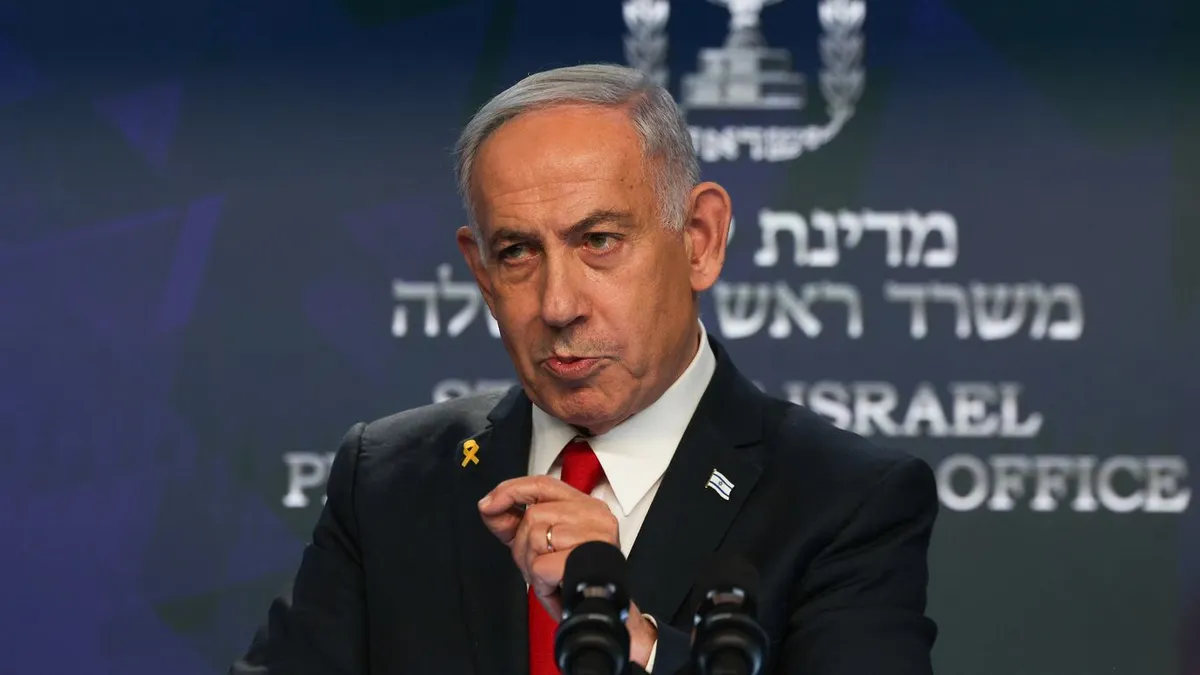
In a significant development regarding the ongoing conflict, Israel has officially rejected the changes proposed by Hamas to the latest Gaza hostage and ceasefire agreement. However, Prime Minister Benjamin Netanyahu's office has announced that Israel will send negotiators to Qatar on Sunday to work on closing the remaining gaps in the negotiations.
The resumption of indirect talks in Qatar marks a crucial step towards a potential ceasefire between Israel and Hamas. This comes after the two parties have not engaged in any negotiations since the last round of talks collapsed six weeks ago. The renewed dialogue presents a glimmer of hope for a resolution to the conflict.
Driving the current developments is President Trump, who has been applying pressure on both Israel and Hamas through Qatari and Egyptian mediators. His aim is to facilitate a deal that includes a 60-day ceasefire in Gaza, the release of 10 living hostages, and the return of 18 bodies. Trump has expressed his desire to see progress by Monday, when he is scheduled to meet with Netanyahu at the White House. He conveyed optimism regarding the chances of finalizing a deal next week during a statement aboard Air Force One.
In response to the proposed ceasefire and hostage deal, Hamas characterized its reaction as positive, indicating readiness to begin implementation talks. Nonetheless, the militant group has presented three reservations that it wishes to address during the indirect discussions with Israel and the U.S. These concerns include the demand for the United Nations to regain control of humanitarian aid delivery in Gaza, the cessation of the Israel and U.S.-backed Gaza Humanitarian Fund's involvement, and the withdrawal of the IDF to its positions prior to the collapse of the March ceasefire. Israel, however, has rejected these demands.
Under the current proposal, Israel and Hamas are expected to engage in indirect talks during the 60-day ceasefire to negotiate the terms for a permanent end to the war. The United States, Qatar, and Egypt have committed to extending the truce beyond the initial 60 days if additional time is necessary. Hamas is also advocating for a stronger guarantee from the U.S. to ensure that Israel does not unilaterally resume fighting after the ceasefire period ends.
The situation remains fluid as both parties prepare for talks in Qatar. The refusal of Israel to accept Hamas' changes, coupled with the ongoing diplomatic efforts led by President Trump and other intermediaries, highlights the complexities involved in reaching a lasting peace agreement. As negotiations unfold, the international community watches closely, hopeful for a resolution that can bring lasting stability to the region.